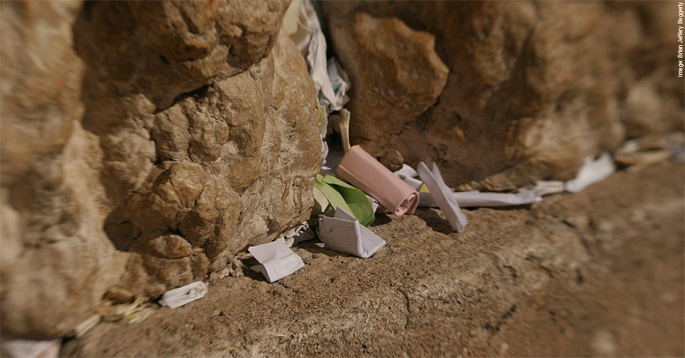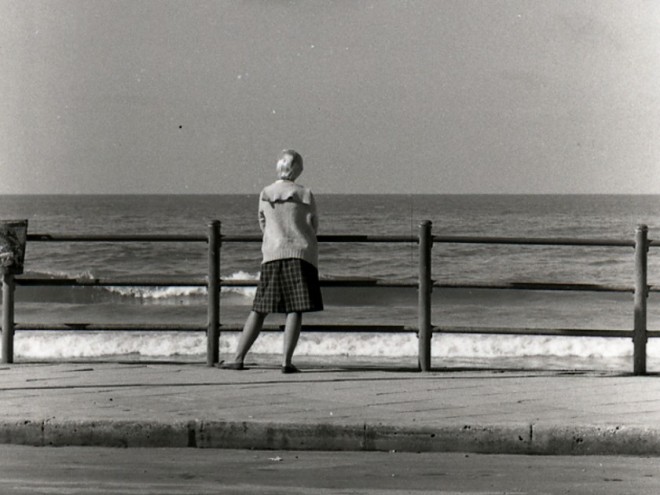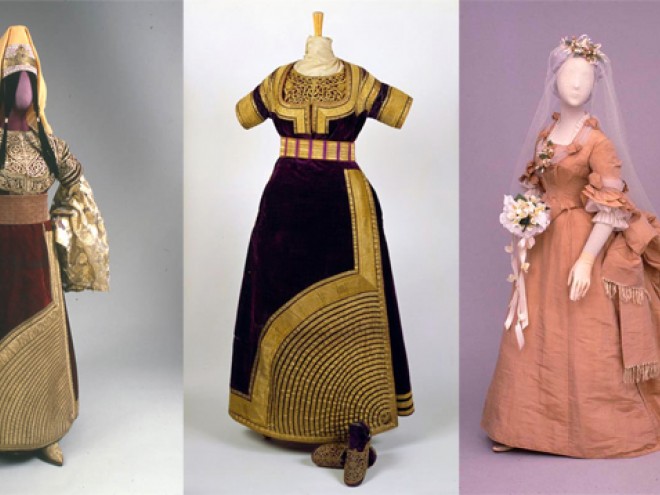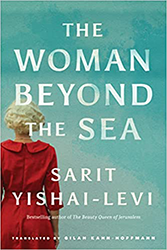Sarit Yishai-Levi is the author of four non-fiction books and the bestselling novel The Beauty Queen of Jerusalem. Sarit is blogging here all week as part of the Visiting Scribe series on The ProsenPeople.
My name is Sarit Yishai-Levi, and I am an eighth-generation Jerusalemite. It isn’t often that you come across an eighth-generation Israeli Jew. Most of today’s Israeli Jews either immigrated after 1948, when the state was established, or are the descendants of those immigrants. In 1950, when the Law of Return was enacted, making Israel the homeland for Jews everywhere, Israel’s Jewish population was only about 800,000 souls, and most of them too were immigrants or the children of immigrants.
My roots are planted in Jerusalem, where I was born, where my parents were born, and where my grandfather and grandmother were born. So, while many of my friends have to travel to foreign lands to trace their ancestry, all I have to do is get into my car and hit Route 1, which connects my home in Tel Aviv to Jerusalem. A short drive, about an hour, takes me to the place where the cradle of my family is and has been for generations. I am grateful for this privilege, as I know that not everyone enjoys it. The absolute certainty of knowing who you are, of having indubitable roots, culture, and values as an individual and as a nation, is a gift, one that I treasure with my heart. 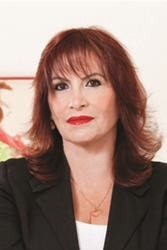
I have never questioned my identity as an Israeli, and certainly not as a Jew. I came into this world an Israeli and a Jew. I grew up without doubts, and without confusion. But there was one particular time that I first felt Jewish with all of my body and soul.
As a young girl born with the state, in a divided Jerusalem, I had always lived with the knowledge that there, on the other side of the Old City walls, beyond the dangerous area that it was forbidden to approach, behind the security barrier and the Jordanian army’s posts, stood the mysterious Western Wall of the Temple Mount, the Kotel. There, my parents said, you could speak to God.
That there was a place where you could speak to God and write him letters flamed my imagination. In bed at night, I wrote God innumerable letters in my head, dreaming of the day I would stand before the Western Wall and deposit my wishes between its stones for God to receive and answer.
My parents told me that before their wedding, they visited the Kotel and asked God to give them a good life and healthy children. My grandmother told me she used to go to the Kotel and hide her tears between its stones, as well as her prayers for recovery from illness and for good matches for her daughters. My grandfather told me he would go to the Kotel almost every day, to pray to God and ask for a good livelihood and good health for his loved ones.
On Shabbat, our family would take walks near the border and try to see the Western Wall. The place where we could perhaps get the best glimpse was the Notre Dame monastery, on the border between our West Jerusalem and their East Jerusalem. We would climb up onto the roof, lean over the stone parapet, and strain our eyes, even use binoculars that father brought with him, hoping for a view of the Kotel. But we didn’t manage to see it. It was surrounded by the Old City of Jerusalem, with its own walls and its different quarters, and we couldn’t see it, and it remained an ideal and a dream.
Right after the end of the Six Day War, in 1967, when I was still a soldier, I received an evening off and hurried home to Jerusalem from my distant base with only one thought in my mind: to see the Kotel. I shall never forget that occasion, when the whole family set out, my father in his police officer’s uniform, my mother in her best dress, my little brothers dressed like bar-mitzvah boys, and me in my sergeant’s uniform — heart pounding and excited, about to lay eyes for the first time on the Western Wall.
We passed through a gap in the tall, concrete security barrier that had once separated us from the Old City and which we had been prohibited from approaching to avoid being shot at by the Jordanian soldiers. Now we could safely walk through it, and we entered the Old City through the Jaffa Gate and headed for the Western Wall. Mother and Father knew the way by heart from the pre-1948 days, and they were as eager as little children. On the way, Mother showed us the English school she attended opposite David’s Tower, and 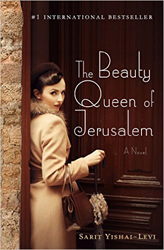 Father pointed out the Misgav Ladach hospital where he was born. We walked through the narrow alleys and down a steep staircase and at last we arrived. Before us stood the Western Wall, in all its glory, massive and high, exactly as I’d imagined it’d be.
Father pointed out the Misgav Ladach hospital where he was born. We walked through the narrow alleys and down a steep staircase and at last we arrived. Before us stood the Western Wall, in all its glory, massive and high, exactly as I’d imagined it’d be.
We stepped up our pace and were almost running by the time we touched it. Father and Mother kissed the stones tearfully, and we did the same. With a trembling hand I caressed the immense blocks of stone, and as I had dreamed since I could remember, I placed the note that I had prepared into a crack between the blocks. In it, I thanked God for returning the Kotel to us, and I asked Him for peace with our neighbors, after the bloody war. This wish has not yet come true, but I know that my note is lying on God’s desk and waiting its turn.
Sarit Yishai-Levi is an English-speaking journalist and author living in Israel. She has been a correspondent for Israeli newspapers and magazines and has hosted Hebrew TV and radio programs in Los Angeles, and authored four nonfiction books as well as The Beauty Queen of Jerusalem, an international bestseller.
Related Content:
- Alden Solovy: Hijacking the Language of Holiness
- Rabbi Sara Brandes: Adding Walls to the Wall
- Talia Carner: “Second Generation” Forever
Sarit Yishai-Levi is a renowned Israeli journalist and author. In 2016 she published her first book, The Beauty Queen of Jerusalem. It immediately became a bestseller and garnered critical acclaim. The book sold more than three hundred thousand copies in Israel, was translated into ten languages, and was adapted into a TV series that won the Israeli TV award for best drama series. It also won the Publishers Association’s Gold, Platinum, and Diamond prizes; the Steimatzky Prize for bestselling book of the year in Israel; and the WIZO France Prize for best book translated into French.
Yishai-Levi’s second book, The Woman Beyond the Sea, was published in 2019. It won the Publishers Association’s Gold and Platinum prizes and was adapted for television by Netflix.
Yishai-Levi was born in Jerusalem to a Sephardic family that has lived in the city for eight generations. She’s been living with her family in Tel Aviv since 1970.
